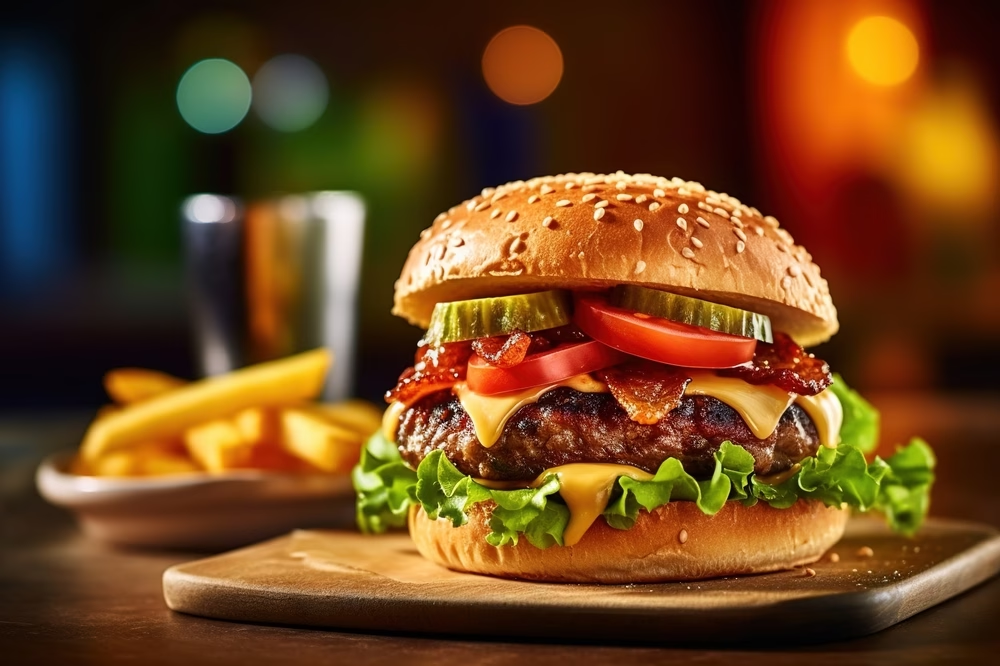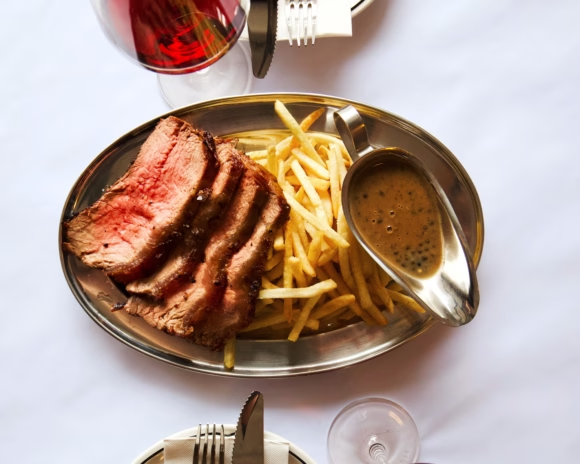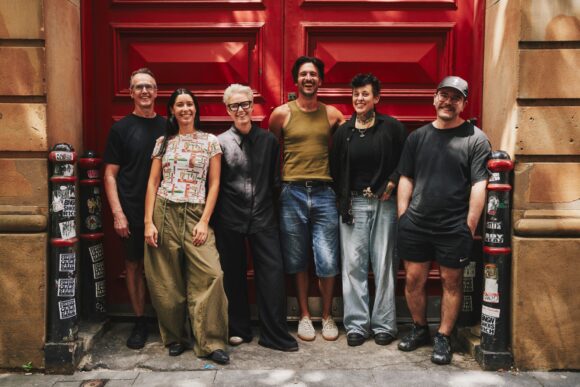Australia’s Consumer Price Index jumped 1.3% in the September quarter, the highest quarterly increase since March 2023, with restaurants and cafes playing a significant role in driving up consumer costs.
Annual inflation reached 3.2%, up from 2.1% in the previous quarter, according to data released by the Australian Bureau of Statistics. The figure represents the highest annual inflation rate since June 2024.
Food costs remain a persistent pressure point for Australian households, with meals out and takeaway foods up 3.3% compared to 12 months ago. The category has been a consistent contributor to elevated food inflation, which reached 3.1% annually in the September quarter.
“Food inflation continues to be elevated due to higher prices for meals out and takeaway foods,” said Michelle Marquardt, ABS head of prices statistics.
The restaurant industry is also grappling with substantial increases in coffee costs, with the coffee, tea and cocoa category surging 14.6% over the past year. The steep rise reflects reduced supply from major overseas coffee bean suppliers, adding cost pressures to cafes and restaurants across the country.
While electricity costs drove the overall quarterly increase with a 9% jump, the sustained elevation in dining-out prices signals ongoing cost challenges for the restaurant sector. Recreation and culture also contributed to the quarterly rise, increasing 1.9% largely due to higher holiday travel and accommodation costs.
Dining habits to be tested
The inflationary environment comes as the restaurant industry continues to navigate higher operating costs, from ingredients and labour to utilities.
With consumers already facing higher out-of-pocket expenses across multiple categories, the sustained increase in restaurant and takeaway prices may test dining habits in the months ahead.
Annual services inflation, which includes restaurant dining, stood at 3.5% for the September quarter, up from 3.3% in the prior quarter. The monthly CPI indicator showed food and non-alcoholic beverages rising 3.1% in the 12 months to September, while alcohol and tobacco increased 5.5%.
The latest figures mark the end of an era for Australian inflation tracking, as the ABS transitions to a complete monthly CPI starting in November 2025, replacing the quarterly CPI as the primary measure of headline inflation.







